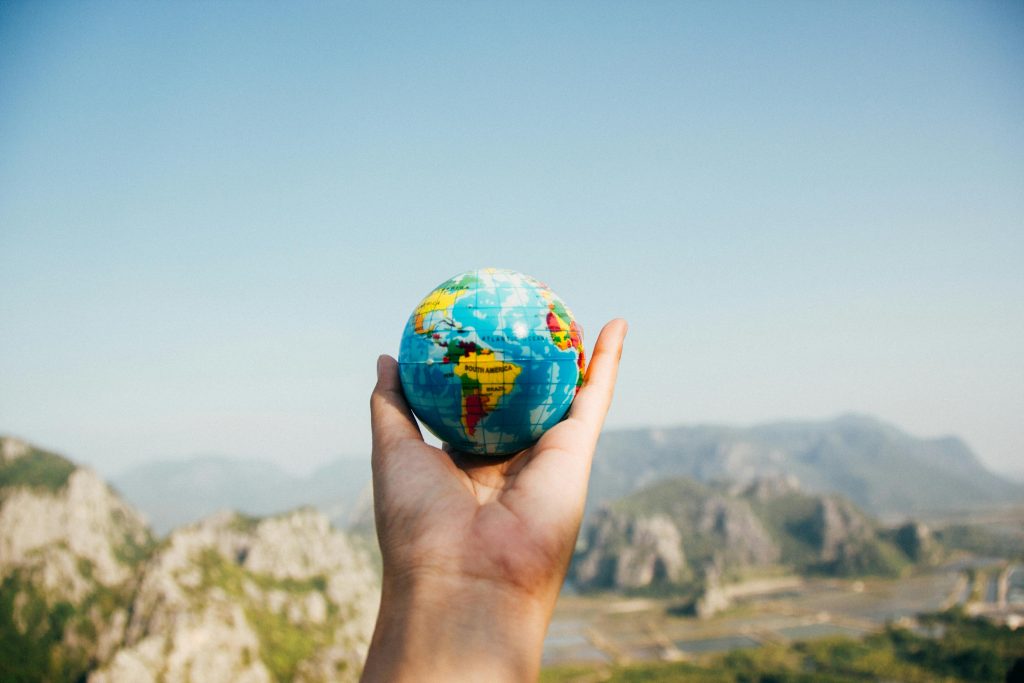
Everyone understands what a disability is, but how people define what it represents can vary greatly across borders and cultures. Traditional beliefs, often rooted in history, religion, and local customs, play a powerful role in shaping attitudes and practices towards PWDs.
While some cultures embrace and support PWDs, others may perpetuate stigma or discrimination. Understanding these perspectives provides insight into the different challenges faced globally and how far we’ve come on the road to inclusivity.
Disability as a Curse or Punishment
In some cultures, disability is seen as a result of bad karma, divine punishment, or ancestral wrongdoing.
For example, in certain parts of South Asia, PWDs may be viewed as bearing the consequences of past-life actions or familial sins. This belief can lead to exclusion, with families hiding relatives with disabilities out of shame or fear of social judgement.
Similarly, in parts of Africa, disabilities are sometimes linked to witchcraft or spiritual curses. Individuals with disabilities may be subject to harmful rituals, ostracism, or even violence. These deeply ingrained beliefs make it difficult for disabled people to access education, employment, or healthcare.
Disability as a Test of Faith or Virtue
Some relatively widespread belief systems view disability as a test of faith or an opportunity for spiritual growth.
Among certain communities with Abrahamic religions, for example, disabilities are sometimes seen as a challenge by God to test an individual’s patience, resilience and faith. While this perspective can encourage compassion and charity, it may also lead to pity rather than empowerment.
Disability as a Shared Responsibility
Contrasting these views, some cultures value the collective responsibility of caring for PWDs. In many indigenous communities across the globe, disability is not seen as an individual’s burden but as a shared responsibility of the group.
For example, in traditional Maori culture in New Zealand, PWDs are often integrated into the community and their contributions are valued. Similarly, in rural parts of Asia and Africa, extended families play a critical role in providing care and support, ensuring that PWDs are included in daily life. This communal approach fosters a sense of belonging and reduces isolation.
Disability as a Symbol of Wisdom or Spiritual Connection
In some cultures, people with disabilities are viewed as possessing unique spiritual or intellectual insights. In certain Native American tribes, individuals with disabilities were historically considered “gifted” or believed to be connected to the spirit world.
This respect for difference highlights a more inclusive perspective, where disabilities are seen as variations or even an elevation of the human experience, rather than deficiencies.
Modern Shifts in Cultural Perspectives
Globalisation and increased awareness of disability rights have begun to challenge traditional beliefs and stereotypes. In many countries, advocacy groups and PWDs are reshaping narratives around disability, promoting empowerment and equal opportunity.
However, progress is uneven. In some societies, traditional beliefs still dominate, creating barriers to change. Efforts to promote inclusion often require sensitive engagement with cultural norms, balancing respect for tradition with the need for progress and inclusivity.
References
Cecilia Baxter (2023) Developmental Disability Across Cultures [Accessed 17 November 2024] Available at: https://kidsnewtocanada.ca/mental-health/developmental-disability
Chomba Wa Munyi (2012) Past and Present Perceptions Towards Disability: A Historical Perspective [Accessed 17 November 2024] Available at: https://dsq-sds.org/index.php/dsq/article/view/3197/3068
Irmo Marini (2017) Psychosocial Aspects of Disability [Accessed 17 November 2024] Available at: https://connect.springerpub.com/content/book/978-0-8261-8063-6/part/part01/chapter/ch01